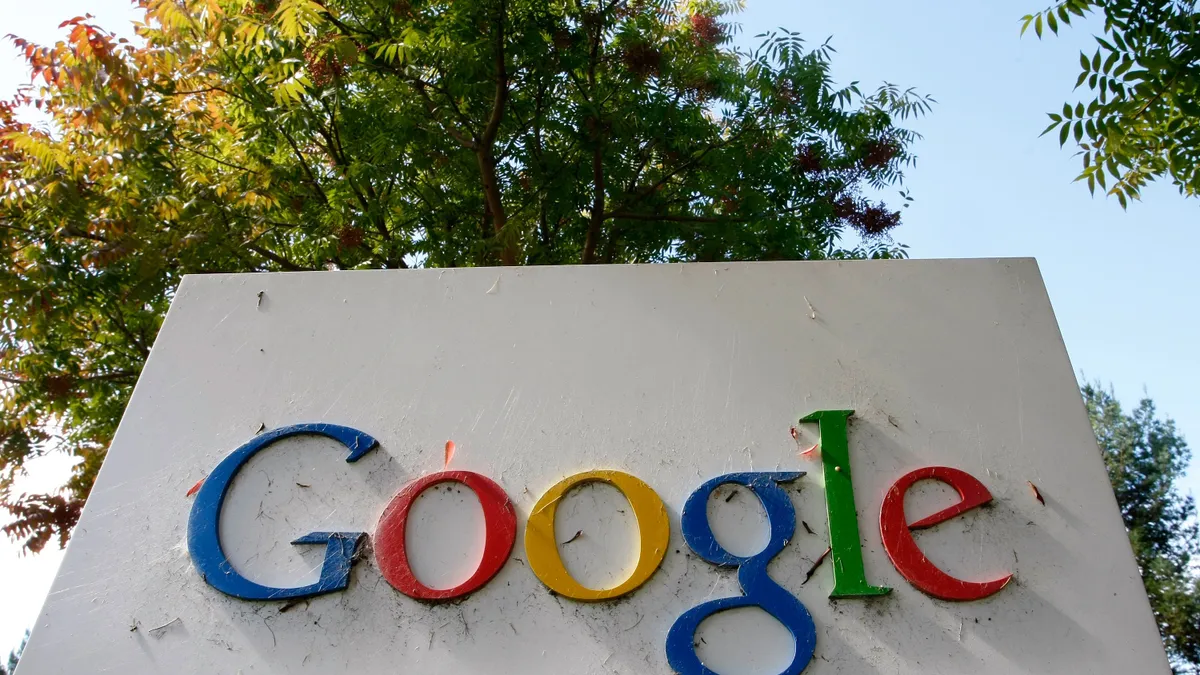Google said it is seeing some promise in tests where third-party cookies are replaced by interest-based audience (IBA) targeting methods on its display advertising network. New research analyzing the performance of ads in Chrome when cookies were enabled versus when they were suppressed found that a mix of what Google terms “privacy-preserving signals,” including the tech giant’s Topics API, produced results that were relatively in line with the status quo marketers have come to expect from cookies, including on key metrics like click-through rates.
The findings, which were detailed at a reporter roundtable Monday and shared in a blog post today (April 18), also come loaded with caveats that underscore how phasing cookies out of the ecosystem remains a slow-moving, complex process, even as the 2024 deprecation deadline looms. Google conducted the work under the supervision of the U.K.’s Competition and Markets Authority and Information Commissioner’s Office as part of its Privacy Sandbox Commitments. The analysis ran in the first quarter of 2023.
“The results, while they're encouraging, shouldn't be considered an unequivocal indicator of Google's performance after the third-party cookie deprecation,” said Dan Taylor, vice president of global ads at Google, during the reporter roundtable, which was conducted virtually.
Caveats to consider
One key bit of context from the report is that other Google products retained the use of third-party cookies throughout the experiment, including those related to measurement, remarketing and frequency capping. Cookie suppression mostly affected aspects of Google’s interest-based audience (IBA) solutions, like its affinity, in-market and demographic-based segments. The analysis was also focused on display ads traffic in Chrome, meaning it is not representative of how Google Ads could change in a broad sense with cookies out of the picture.
With those considerations in mind, Google revealed that an IBA-focused approach decreased ad spending within a range of 2-7% compared to a cookie-based approach. Conversions per dollar, which Taylor argued could serve as a proxy for advertising performance, experienced a 1-3% decrease in effectiveness. Click-through rates remained within 90% of the “status quo” seen with cookies. Taylor said that the metric could be interpreted as a proxy for relevance to consumers because it represents who was willing to click on an ad.
The report ultimately described the performance impact of shifting over to IBA from cookies as “relatively small.” Lower-quality signals and less accurate models to train on were cited as some of the biggest headwinds stemming from the removal of cookies that could continue to affect visibility. Google claimed that its artificial intelligence-powered optimization products were less affected by the loss of cookies.
“We have some encouraging results that validate digital advertising can be more private for consumers while still delivering effectiveness for advertisers and for publishers,” said Taylor.
When questioned by a reporter about the extent to which third-party cookies were suppressed for the report and how that could affect marketers’ perceptions of the findings, Taylor positioned the research as a stepping stone on the way to a fuller picture.
“While we see that the Topics experiment and incorporating it into IBA was promising, we definitely want to be able to see how the other APIs perform both in isolation and then as a total package before we have a really clear picture about how the impact will be to advertisers and to consumers and publishers,” said Taylor.
Google plans to continue to run tests throughout the year in consultation with the U.K.’s Competition and Markets Authority and provide regular feedback on the progress of the Topics API.
“[We're] taking a phased approach and sharing results as we go in the spirit of iteration and transparency with the market,” Taylor added.
Google first announced plans to deprecate third-party cookies in January 2020 but has pushed back the deadline several times while also reworking its cookie alternatives. The Topics API was introduced in early 2022 to replace a previous solution called Federated Learning of Cohorts.























